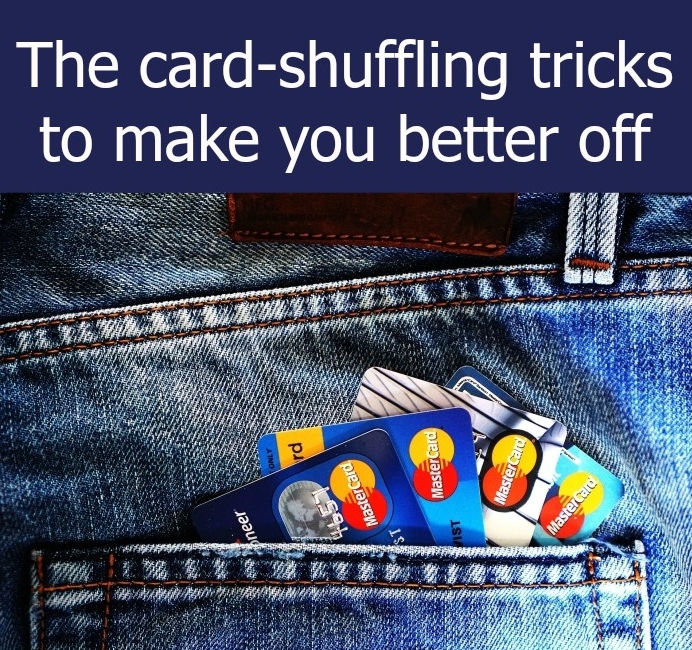This is a collaborative post.
There’s just no slowing us Brits down, is there? Despite the threats of recession and downturn in the economy after the EU Referendum, figures show that retail sales actually rose during July. It seems nothing will keep us off the high streets, and it really is a rousing display of defiance, and demonstrates the collective power we have as a nation.

Of course, our strength as consumers has one unfortunate correlation: we also have alarmingly high levels of credit card debt in this country. Around 242 million purchases were made on credit card in the month of November 2015 alone, and it is estimated that each household, on average, held over £6,500 in credit card debt at that stage.
So, are we a people living beyond our means?
Perhaps, yes. However, the benefits of credit cards shouldn’t be entirely overlooked either. Aside from being hugely convenient, credit cards also offer ordinary people the chance to build a credit rating. After all, having no credit is as bad as having, er, bad credit, so spending with our plastic is a necessity.
More enticingly, they tend to offer very handy rewards schemes too. Whether it’s free insurance, vouchers, or even cashback (sometimes to the tune of 5 per cent), these are all freebies and perks which are entirely rational to cash in on.
The other side of the sword
Of course, the key thing to note about all of the above positives to a credit card is that they are only positive as long as you pay off your balance each month. After that, you become subject to sky-high interest rates, and APRs are seldom less than 20 per cent. After all, there’s a reason credit card companies are able to offer such great perks – they’re siphoning off huge amounts of interest from those who let their outstanding balances swell.
Prize number one is to avoid this situation entirely, and clear your balance each month. Yet for those who are already well into the red, the important thing is to manage the situation, come out of the debt cycle as quickly as possible, and save as many pennies in the process to boot.
Balance transfers and debt consolidation
A popular way of doing this is a balance transfer. The logic here is obvious: if you have a large outstanding balance on one card, and can shift it onto another which allows you to pay zero interest for a period of up to 32 months, then you will have a significant window in which to chip away at your debt. However, it must be noted that these types of card are not available to everyone, and attaining one will be subject to your credit rating.
Another way of doing things which is hugely effective is to consider personal loans for the purposes of debt consolidation. What this involves is applying for a low-cost loan to pay off all your high-interest debts – be that credit cards, store cards or anything else – and thus leaving yourself with a single obligation to worry about at a fixed rate, for a fixed period of time. It’s a simple and easy trick, usually do-able with a few clicks of a mouse, and can save you plenty of money over time.
Hey savvy spender
A great British trait in the face of adversity is to keep calm and carry on. With the threat of recession looming, it’s incumbent upon all of us to do exactly that, and not to let fear or a loss of consumer confidence stop us from making everyday purchases. Yet when it comes to debt, prevention is always better than cure. So, if you do feel that things are starting to get away from you, and your credit card balance begins to balloon, take a breath and see where you can cut down on your outgoings. Put it down on paper, and then stick to it. You’ll probably find that trimming some fat from your weekly or monthly expenditure is a whole lot easier than you thought, and that you won’t have to sacrifice too much.
And it will be worth it in the end. For in these challenging times, all we can do is our utmost to ensure financial health at home. Once that’s in place, we can all crack on with enjoying our lives, and focusing on the things that really matter.



managing debt well is something I find people often slip up on – and often not on purpose I know. but transferring balances can save sooo much in the long run. to win at the card swap game you need to be organised and keep track of when offers end. #bloggerclubuk
Interesting post Louise. I love finding ways to cut down costs and budget , pay off bills easier and better. There are always things I can do to be a more savvy spender!